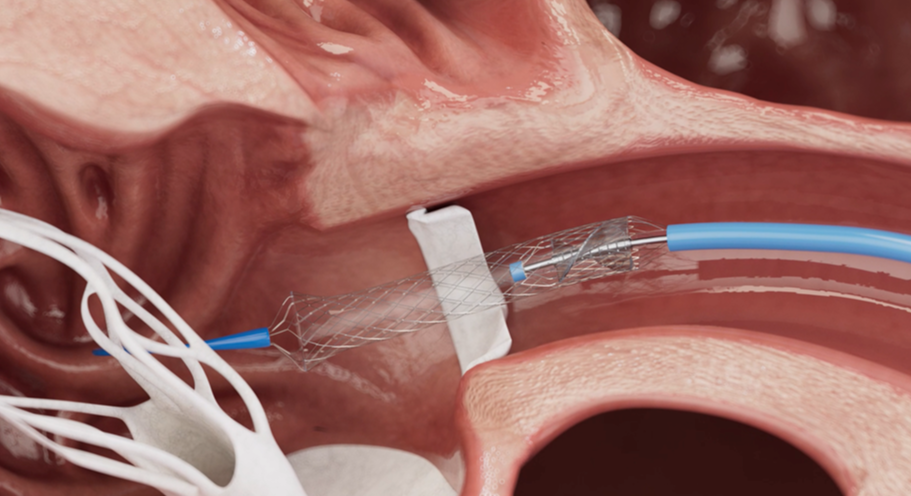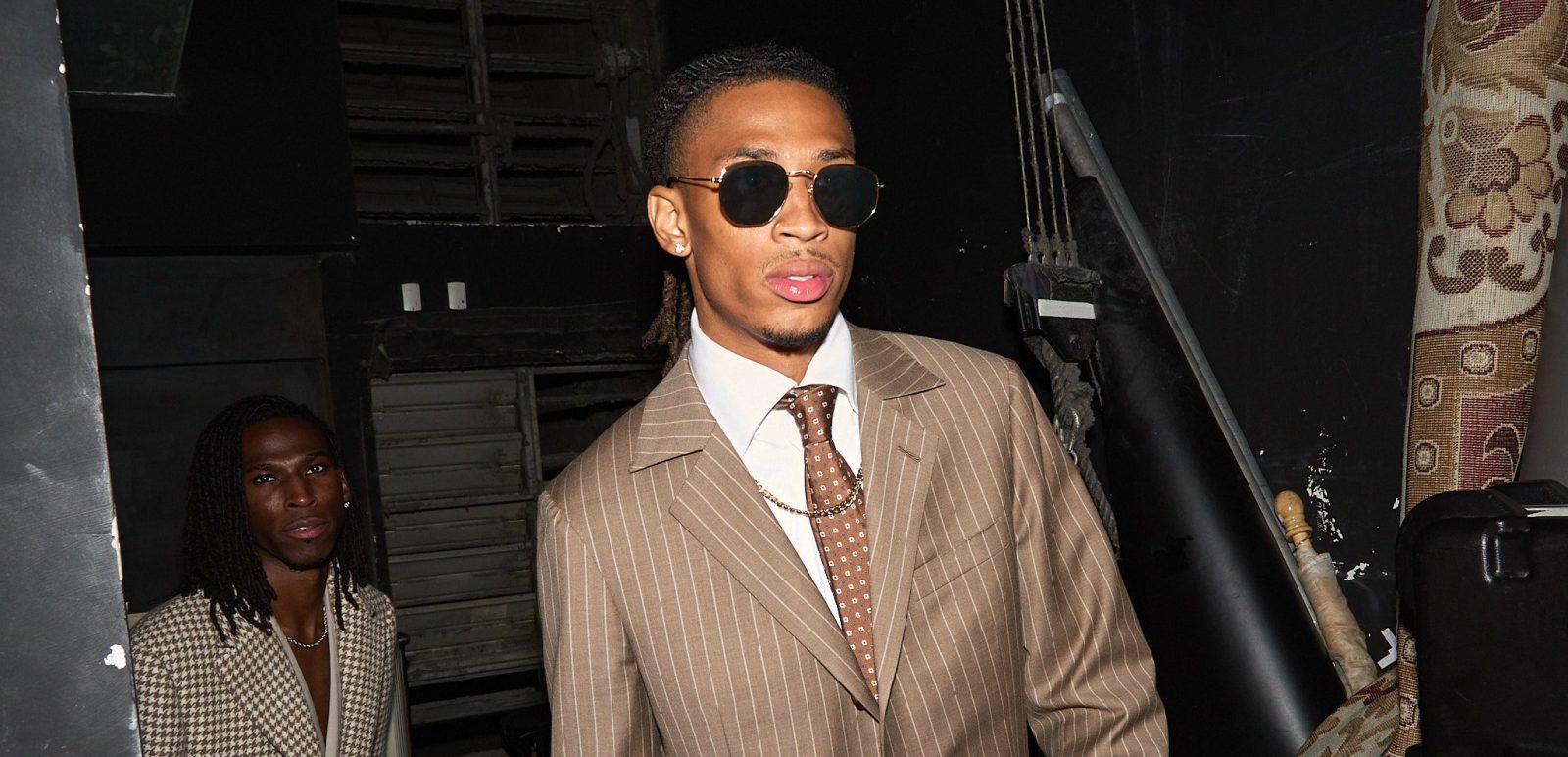Interacting with artificial intelligence has long meant looking at words and algorithms, but its faces are changing. Meet ASX-listed Unith, which is launching digital humans designed to help businesses become more efficient. Tokyo-based Aww Inc is also paving the way for virtual influencers, and New Zealand based Soul Machines is deploying a digital workforce and digital twins of celebrities in the metaverse.
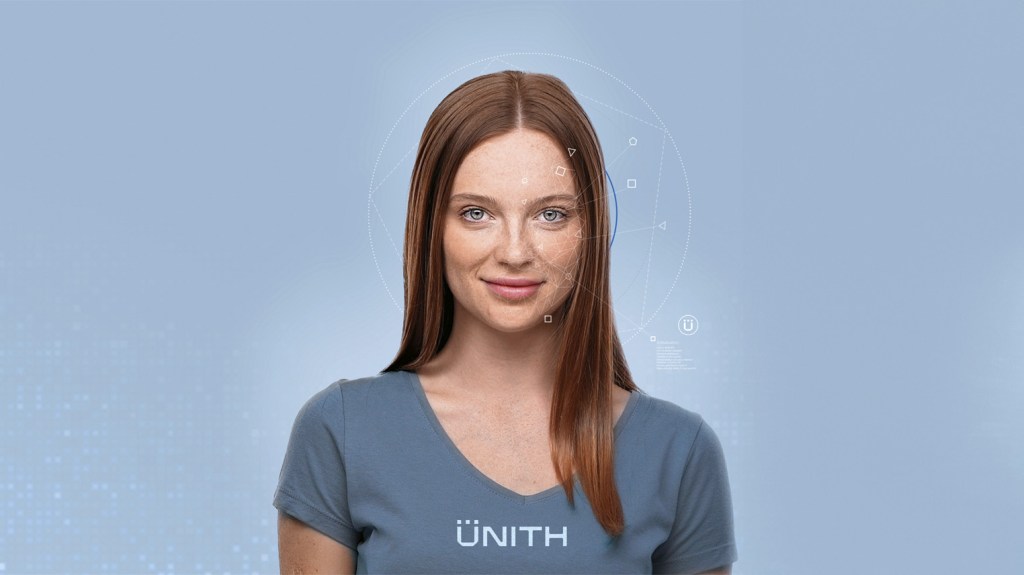
This article was featured in Issue 10 of Forbes Australia. Tap here to secure your copy.
AIKO (above) has blue eyes, copper hair and freckles. She can smile, laugh, blink and move side to-side, and she’s a spokesperson for ASX-listed company UNITH. She’s a digital human.
Well, the ‘she’ is up for discussion, CEO Idan Schmorak says. “Within the company, we treat them as humans. We give each character a name and personality and stick to it. It helps us internally manage that we’re, in a way, creating humans. If we get into a more ethical discussion, Aiko’s probably an ‘it’.”
UNITH was previously a digital media business called Crowd Media Holdings. Though listed in Australia (with a share price of $0.019 at the time of writing), the company went through several European acquisitions, moving its headquarters to Amsterdam and bringing on Schmorak – who was part of an AI company in Berlin – as CEO in 2021.
But as the generative AI market grew – according to Bloomberg Intelligence, it is poised to reach US$2 trillion by 2032 – the company switched gears, transitioning from a media company to a tech company in November 2022, and changed its name to UNITH. Its goal is to unify the research and development of facial movement deep learning, audio machine learning and conversational design to generate a customisable interactive avatar – a digital human.
“We originally intended to create virtual replicas or avatars of influencers,” Schmorak says.
“But once we created it, there were a lot of use-cases for the technology. With businesses now using chatbots and coming online, you could introduce digital humans and insert the human touch throughout these sophisticated interactions.”
UNITH’s digital humans aren’t just ChatGPT bots with faces. Schmorak says they are based on limited language models that have only been fed information pertinent to the business they’re employed by.
But why do we need them? Schmorak says it’s about capturing the user’s attention in certain fields of business. “You don’t want a digital human to deliver sensitive medical information because no machine in the near future could do that, but you could imagine getting the first batch of communication out with a bot,” Schmorak says.
“Imagine going to your doctor and chatting with a digital representative to get the first two to three minutes of direction. Or being onboarded at a new company. Or making a large online purchase.” He envisions digital avatars could completely replace call centres, too.
The goal is to sell the models to certain businesses via a freemium model. The more specs and information, the more it costs. The company is in the early stages of bringing these digital humans to Australia, and in February this year, it embarked on a $4.5 million capital raise. It has so far received binding commitments for $2 million through a placement, locking in effectively half of what it was seeking.
But UNITH is not the only provider of digital humans – overseas, this market already has some big players. According to Gartner Inc. research, the worldwide digital human market is expected to top US$125 billion by 2035. North America is leading the way thanks to adopting new technologies like natural language processing and conversational AI.
However, other research expects the virtual human market to be even bigger – about US$440.3 billion by 2031 (Allied Market). The biggest market sectors are predicted to be retail, entertainment and education, and the avatars (or digital human) segment is expected to contribute the largest share.
Soul Machines, a New Zealand-based AI company, has been developing digital humans and deploying them to different organisations worldwide. The company, founded by tech entrepreneur Greg Cross and Academy Award winner Mark Sagar, claims all sectors will eventually deploy digital humans to represent themselves and their brands in the metaverse.
When brands engage a celebrity, you don’t know what they’re going to do… Creatively, virtual humans are a little more fun; conceptually, you can do anything. Speak any language, dance hip-hop, whatever.
Sara Giusto, produce, Aww Inc
In February 2022, the company raised US$70 million (AU$107.5 million) in its Series B1 funding round led by Softbank’s Vision Fund 2 to continue its deep tech research and launch hyper-realistic digital twins of real-life celebrities to be deployed into the metaverse, which is the second prong of its business. (In total, the company has raised US$135 million in funding).
So far, the company has been working with organisations and brands like the World Health Organisation, Twitch, Westpac, News Zealand Police and Nestlé, and celebrities like will.i.am. Like UNITH, Soul Machines’ ethos is not about replacing human professionals but rather emphasising their role as augmentations, catering to fields like customer service and public outreach.
“But it’s not just as digital salespeople or brand ambassadors that Digital People can find employment,” the company states. “They are also being applied in education, training, health, and companionship. The ability of Soul Machines’ Digital People to educate, learn, empathise, and communicate one-on-one are key strengths that could help them enhance a wide variety of services.”
Aww Inc, is a Tokyo-based digital human business specialising in virtual influencers like imma. Imma is Japan’s first virtual model, making her debut on Instagram in 2018, a few months after the first virtual influencer, Lil Miquela.
She boasts a pink bob and life-like features. She has amassed 390,000 followers on Instagram (2 million across all her social platforms) and has been named one of Japan’s New 100 Talent To Watch by Japan Economics Entertainment. She’s also a highly sought-after model for brands like Coach, Balmain, Adidas and The North Face.
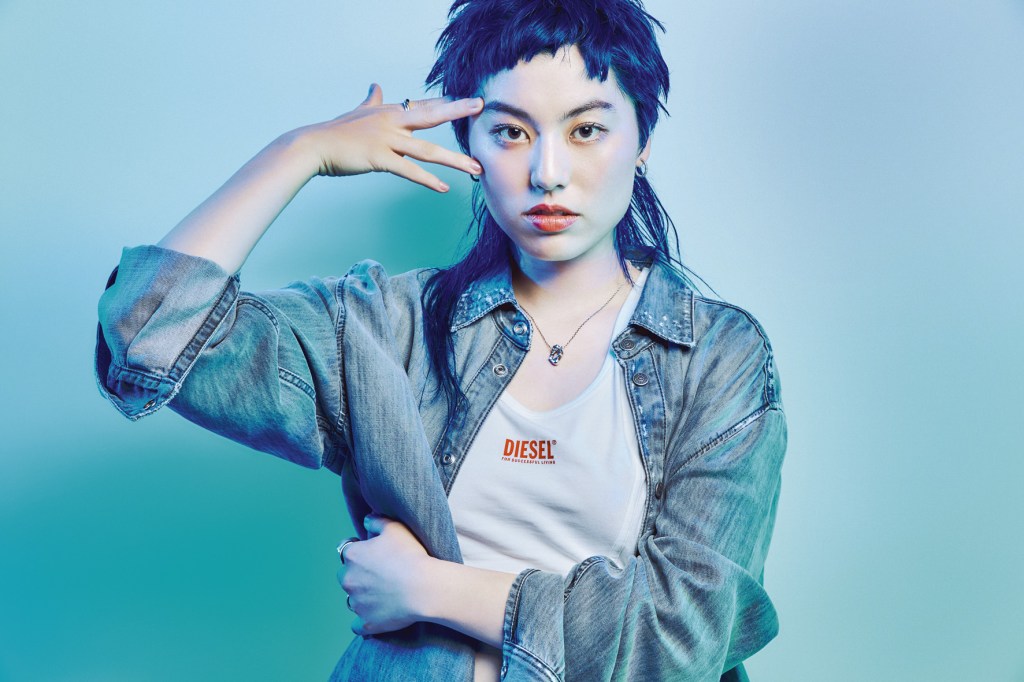
Aww Inc producer Sara Giusto, a Forbes Japan 30 Under 30 alumni, says the company’s virtual influencers have found particular demand for their services from brands like Ikea and Porsche, given the lower risk rate associated with virtual brand ambassadors.
“When brands engage a celebrity, you don’t know what they’re going to do,” says Giusto, who’s in Adelaide for Southstart. But that doesn’t mean [virtual humans] don’t have personalities. “It is a controlled human entity, but without a story, nothing is interesting. No one’s going to be a fan,” Giusto says. “So, imma has arguments online, and she can fight people – she’s not perfect.”
Then there’s the logistics of it. imma recently did a campaign with IKEA where she stayed in stores 24/7, doing yoga, facemasks and taking customer photos.
“You can’t do that with a human as a publicity stunt. Creatively, virtual humans are a little more fun; conceptually, you can do anything. Speak any language, dance hip-hop, whatever,” she says.
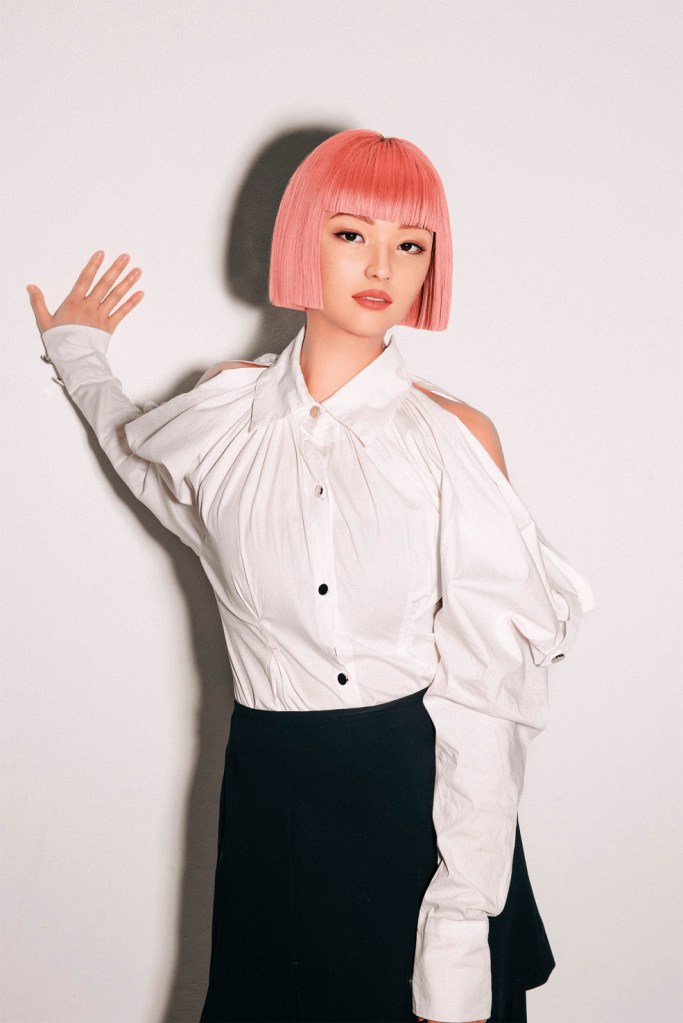
Imma and the company’s other influencers are generated using computer-generated imagery (CGI). Still, Aww Inc has been integrating them with AI to respond to people in real-time. Long-term, Giusto says they’d like to turn imma into a Siri of sorts, so each user can have an individual imma that they can engage in personal conversations with. Eventually, they can start their own YouTube channels and earn money as creators.
“It’ll be like a companionship. She can literally be anything,” Giusto says.
Look back on the week that was with hand-picked articles from Australia and around the world. Sign up to the Forbes Australia newsletter here or become a member here.


